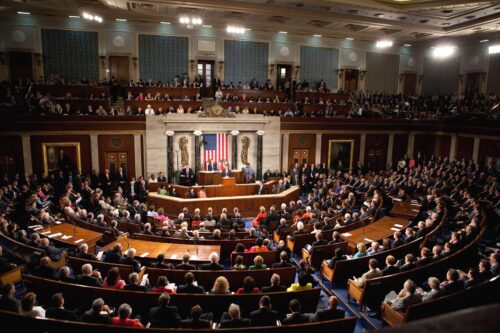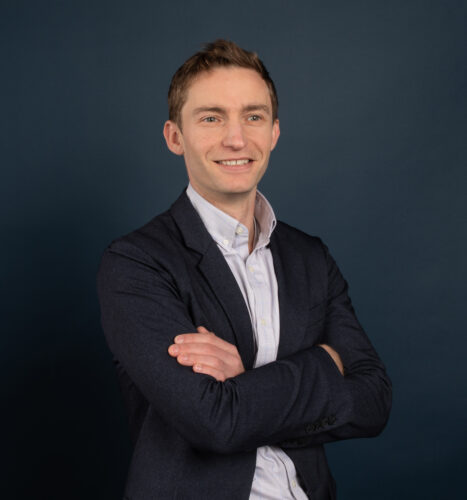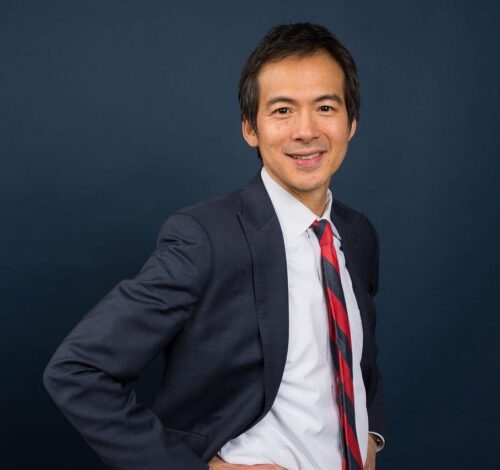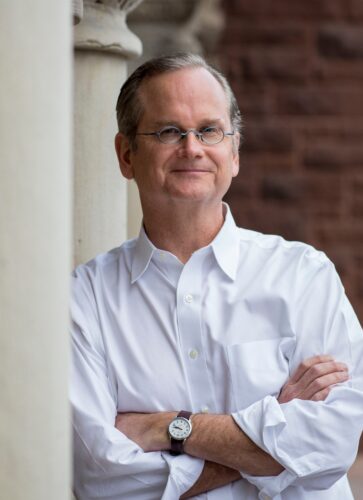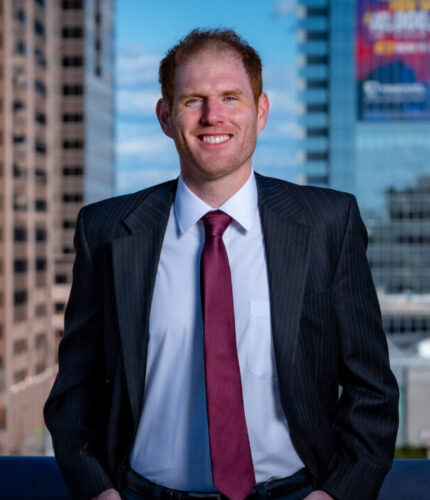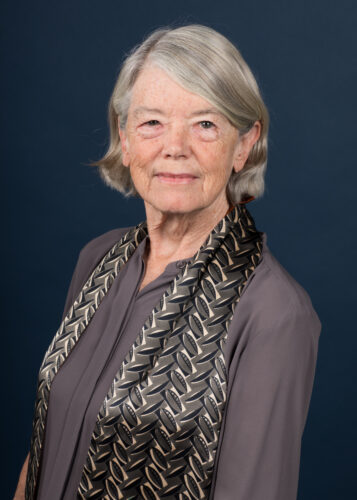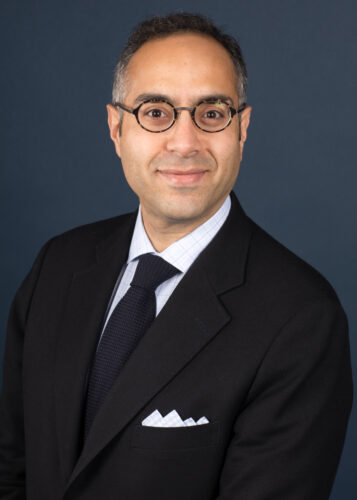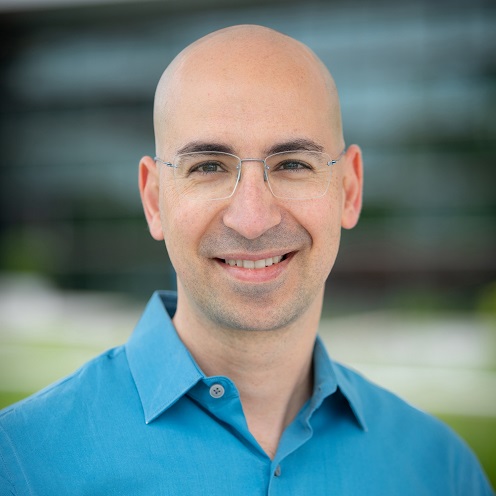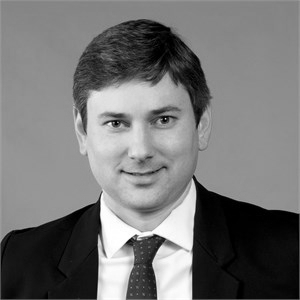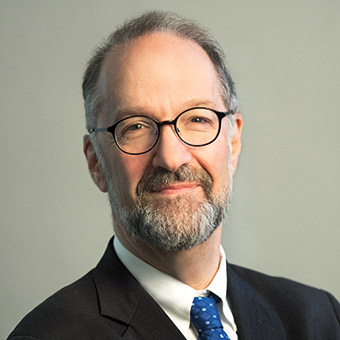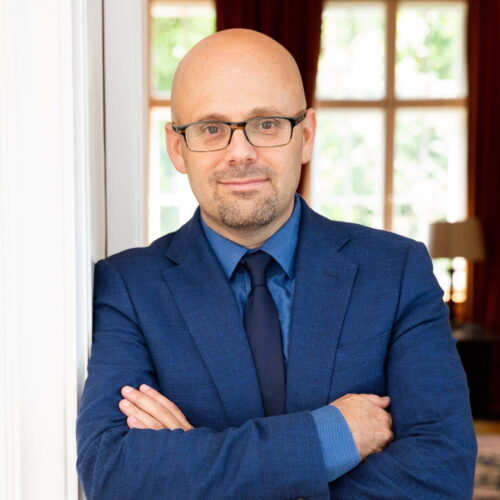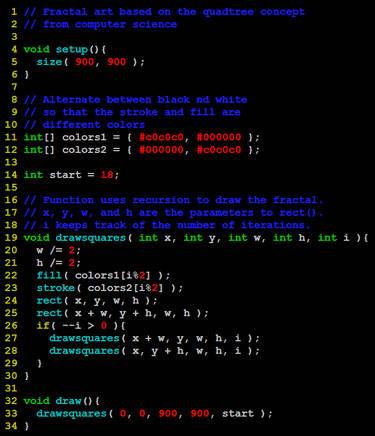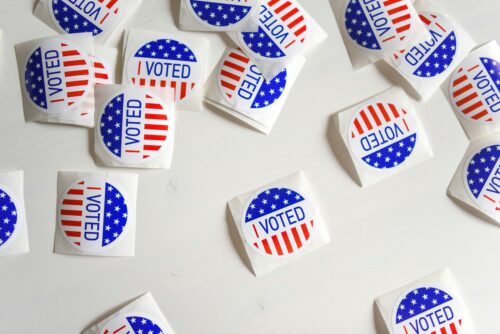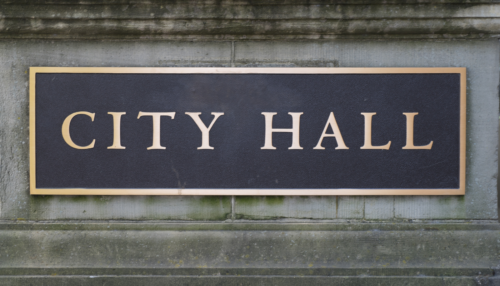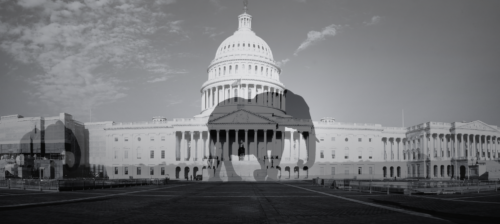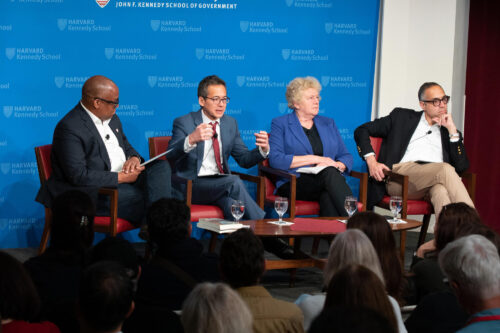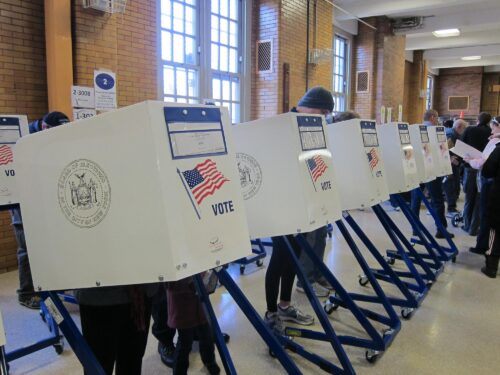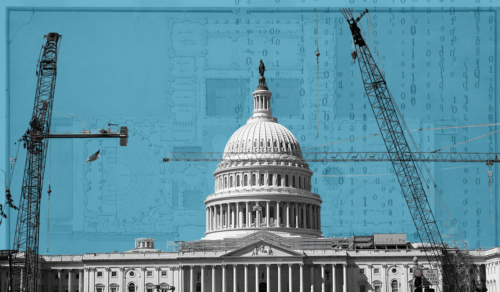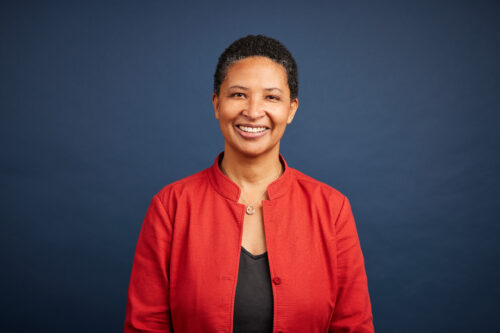
Danielle Allen
Professor of Public Policy, James Bryant Conant University Professor
At the Ash Center, we’re working to generate new ideas to reform our democratic institutions for the 21st century.
Allen Lab for Democracy Renovation, Reimagining Democracy Program
Many of our most basic democratic institutions, from the Electoral College to Congress itself, were born in the eighteenth century when American democracy and America looked markedly different than today. At the Ash Center, we’re working to modernize and reform these institutions for a healthy 21st-century democracy.
As political polarization continues to test the strength of even our most bedrock political institutions, the Ash Center brings together scholars, practitioners, and policymakers from across the country to discuss how to protect and modernize our democracy.
Through working groups and convenings, case studies, and research projects, the Ash Center is working to identify reforms both large and small that will help strengthen the future of American democracy for generations to come.
Professor of Public Policy, James Bryant Conant University Professor
Associate Professor of Public Policy
Director, Ash Center for Democratic Governance and Innovation;
Winthrop Laflin McCormack Professor of Citizenship and Self-Government
Roy L. Furman Professor of Law and Leadership
Senior Practice Fellow in American Democracy, February 2025 - November 2025
Non-resident Senior Practice Fellow in American Democracy, December 2025 - November 2026
Adams Professor of Political Leadership and Democratic Values Emerita
Ford Foundation Professor of Democracy and Governance
Assistant Professor of Public Policy
Paul F. McGuire Lecturer in Comparative Politics
Alfred and Rebecca Lin Professor of Computer Science
Associate Professor of Public Policy
Visiting Professor of Public Policy at the Harvard Kennedy School
Eaton Professor of the Science of Government
In-Person Event
Ash Center Seminar Room 225, Suite 200, 124 Mount Auburn Street
12:00 pm – 1:00 pm EST
Additional Resource
This guide is intended for advocates, organizers, and practitioners working across America to facilitate the voting process for eligible voters in jails.
Additional Resource
This essay was adopted from a presentation given by Niclas Boehmer at the Second Interdisciplinary Workshop on Reimagining Democracy held on the campus of Harvard Kennedy School in December 2023.
Additional Resource
This essay was adopted from a presentation given by Manon Revel at the Second Interdisciplinary Workshop on Reimagining Democracy held on the campus of Harvard Kennedy School in December 2023.
Case Study
Media Release
In a new paper in Political Analysis, Ben Schneer, Assistant Professor of Public Policy at Harvard Kennedy School, alongside co-authors Maxwell Palmer, Associate Professor, Boston University; and Kevin DeLuca, Assistant Professor, Yale University; present a new method for drawing legislative boundaries, the Define–Combine Procedure.
Commentary
Elected representatives in government don’t always look like the people they serve.
Q+A
As divisions within the GOP were on vivid display last month during the tumult over the US House Speaker’s gavel, the Kennedy School’s Steve Goldsmith and UT-Austin’s Ryan Streeter ask whether conservatives should embrace a more aspirational, ideas-driven future?
Video
The Ash Center invites you to watch a book talk with contributors to When Democracy Breaks (Oxford, 2023), a new edited volume intended to deepen our understanding of what separates democratic resilience from democratic fragility — by focusing on the latter.
Media Release
In a recently published discussion paper from the Ash Center for Democratic Governance and Innovation at Harvard Kennedy School, Stephen Goldsmith and Ryan Streeter propose a new ideological framework for the conservative movement in the United States centered around aspiration, opportunity, and personal responsibility to help drive upward mobility.
Commentary
Imagine that we’ve all – all of us, all of society – landed on some alien planet, and we have to form a government: clean slate. How would we govern ourselves?
Feature
According to Kennedy School’s Benjamin Schneer, the decision that an Alabama congressional map illegally weakened the power of Black voters has implications beyond the southern state’s borders.
Feature
From polarization to populism, democracy is facing off against formidable foes and we need big ideas to save it says expert panel.
Q+A
Natalie Tennant discusses the impact of states leaving the Electronic Registration Information Center (ERIC), a resource for maintaining accurate voter records across state lines
Q+A
French President Emmanuel Macron’s end run around parliament may be legally sound, but Ash Center Democracy Fellow Yves Sintomer argues the move was markedly anti-democratic.
Feature
Arguing that American democracy has been hacked, the computer security expert doesn’t want to just fiddle on the margins when it comes to re-envisioning what a new 21st-century American democracy should look like.
